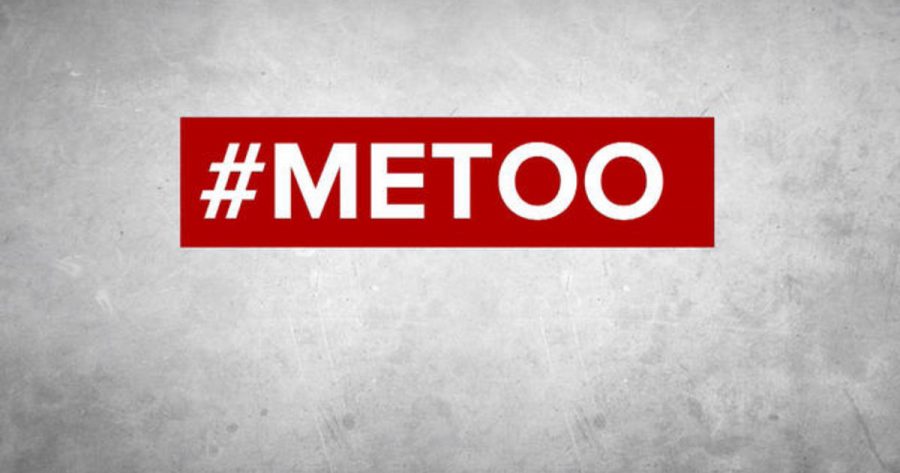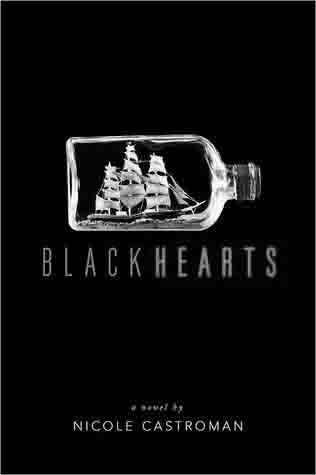By Hillary Donnell
Staff Writer
On Sept. 29, a screening and discussion panel was held for the film “She’s Beautiful When She’s Angry” in the Park Science Center. The film provided a fairly intersectional perspective on the women’s liberation movement of the 1960s and ‘70s.
“She’s Beautiful When She’s Angry” refused to avoid discussions of the conflicts of race, sexuality, and class in the movement.
Many audience and panel members admitted to being relieved that the film did not center on the familiar straight, white, upper- and middle-class feminist narrative that tends to dominate the conversation on feminism.
The film told stories that were often unfamiliar to its audience, including those of W.I.T.C.H .(Women’s International Conspiracy from Hell)—women who dressed as witches to protest society’s treatment of themselves and black, lesbian, Latina, and poor women who often felt isolated from mainstream feminist discourse.
“She’s Beautiful When She’s Angry” was excellently developed and edited. The main focus of the film was documenting the first hand experiences of those involved in the movement.
The narrative was built from a series of interviews. The film did a wonderful job at juxtaposing media images from the era with the content of these interviews.
Footage from protests and images and videos of those who were interviewed added a personal touch to the film. The subsequent panel featured many accomplished women, including the filmmaker Mary Dore and three women involved in the writing of “Our Bodies, Ourselves.”
Panelists described their personal experiences in the movement and in their daily lives. They emphasized the continuing need for this generation of feminists to think critically about intersectionality and the place of feminism in their personal and professional lives.
The panelists also talked about the way women, especially women of color, face sexism in the workplace. More than one panelist had experienced sex-based discrimination in a job within the last ten to twenty years.
At times, it can seem like feminism is no longer needed, that it is a historic relic and not a dynamic, ever-changing discussion. However, feminism is not static, as evidenced from the active conversation held at this event.
The audience asked insightful questions on the state of modern feminism and the panelists gave thoughtful, genuine answers. It was inspiring to see the interactions among multiple generations of feminists. The open environment encouraged participants to share their experiences without fear of condescension.
It is unfortunate that the topic of gender identity was only mentioned briefly. The exclusion of the experiences of trans and nonbinary people was disappointing, though it is fairly indicative of the treatment of this issue in feminist circles.
One can only hope that creating spaces for more discussions like this one will encourage more careful thought on the intersectionality of feminist issues.











